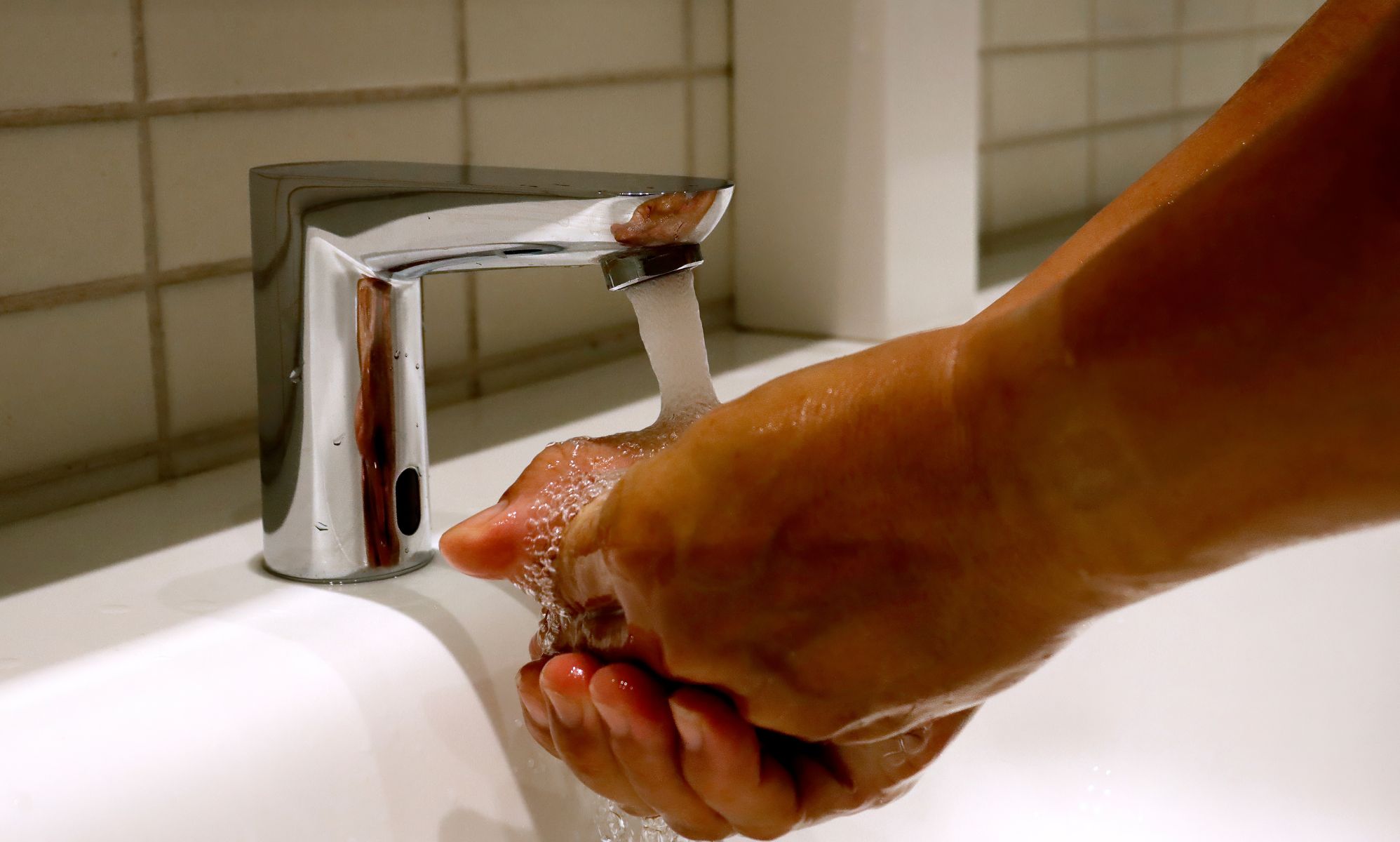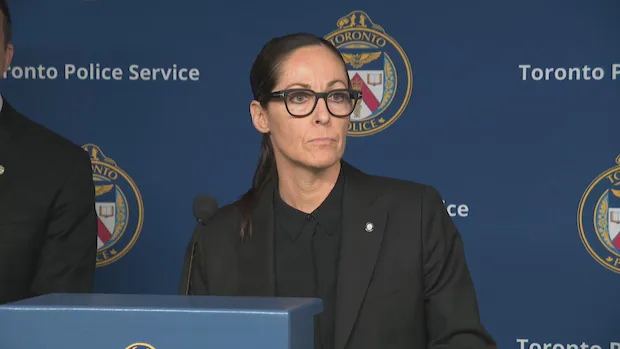By Amelia Hansford
Copyright thepinknews

Over 650 UK businesses and organisations have said that a ban on trans people from ‘single-sex’ spaces would be “unworkable.”
Businesses including Ben & Jerry’s, Lucy & Yak, and Lush Cosmetics wrote to the government expressing their concern over any laws that could come from the Equality and Human Rights Commission’s (EHRC) updated code of practice on single-sex services.
In an open letter penned by Trans+ Solidarity Alliance and Safe Space UK, issued to business secretary Peter Kyle and equalities secretary Bridget Phillipson, the collective group said guidance excluding trans people from public facilities would be “incompatible” with their values.
The UK human rights regulator, which has faced criticism for its policies on trans people, sent a finalised version of its code of practice for services, public functions, and associations to the government earlier this month.
It began consulting on updates to the code in April, following the FWS v Scottish Ministers Supreme Court ruling, which determined that the 2010 Equality Act’s definition of “women” referred to “biological women.”
Proposed changes included clauses that would effectively exclude trans people from using ‘single-sex’ facilities, such as toilets, consistent with their gender identity. While the final version of the document isn’t publicly available, sources suggest it keeps these clauses intact despite public outcry.
Bridget Phillipson is now set to consider the guidance for approval. If it is approved, the guidance would likely become law.
EHRC code would financially impact small businesses the most
Organisations ranging from non-profits to local cafes said any proposal that enforces a “blanket, mandatory exclusion of trans people from gendered spaces and services” would create “operational challenges” that could see small businesses go bust.
“If enacted, the proposals would place organisations at constant risk of complaints and litigation from multiple directions,” the letter, whose signees also include Mighty Hoopla, Snag Tights, and Bird & Blend tea, reads. “They seek to force business staff into the unacceptable role of ‘gender police’, told to ask intrusive questions or demand documentation about a person’s birth sex.
“Such practices are not only deeply invasive, but likely impossible to implement without breaching Article 8 of the Human Rights Act.”
A spokesperson for London-based pub The Old Nun’s Head, which is a signatory of the letter, said the venue has “never had any issues with our loos,” adding that the EHRC’s provisions would be a “waste of resources.”
They also shared concerns that the proposals would force staff away from their “essential tasks” associated with running the pub to instead “police toilet usage.”
“[Approving the proposals] would mean we would need to hire additional staff, a cost which would be an unwelcome burden on our business,” they added. “We are proud to be a pub which currently serves and supports our community and hope that the Government will see sense.”
Inclusion and diversity ‘essential’ for economic success
Several UK businesses have already begun to implement policies banning trans people from using facilities that correspond with their gender identity under pressure from the EHRC and ‘gender-critical’ groups.
Others, including the lingerie and sexual health retailer Ann Summers, instead reaffirmed their commitment to keeping their stores a safe space for all customers, including trans people.
Safe Space UK founder Carys Daniels warned that forcing organisations that have spent years building “welcoming and safe” spaces would not only erode trust and undermine their values, but would pose financial risks.
“Businesses know that inclusion is not only the right thing to do, but also essential for long-term economic success,” she said. “The draft proposals would force a conflict between what businesses know is right and what they would be told to enforce.”
Research published by the Harvard Business Review in 2023 suggests that inclusivity not only improves morale among staff but can also increase performance. Another study from 2020 found that companies which focus on diversity and inclusion are typically higher financial performers.
Jude Guaitamacchi, founder of Trans+ Solidarity Alliance, said forcing businesses to be exclusionary would be an “unforced error” that would heavily impact small businesses and cause “economic harm.”
“Hundreds of businesses, large and small, have signed this letter to tell politicians to fix this mess before they are forced into conflict with their own values and have to deal with impossible operational challenges,” they said. “The EHRC’s draft fails to respect trans people’s human rights, and would make the UK an international outlier.”
Earlier this month, genocide prevention organisation, The Lemkin Institute, called on the United Nations’ top regulator of human rights institutions, GANHRI, to demote the EHRC over its treatment of trans people.
In a statement to the UN regulator, the Lemkin Institute argued that the organisation had been “captured by transphobic and inter-phobic people and agendas” and had become a “key player” in promoting anti-trans rhetoric in the UK.
It accused the regulator of breaching the Paris Principles, a set of minimum standards that national human rights institutions (NHRIs) must follow to be considered credible by the UN.
The genocide prevention organisation argued that, if the EHRC’s code of practice keeps its proposals intact, then it would have “succeeded in undemocratically stripping transgender and intersex people in the United Kingdom of fundamental human rights and dignity.”
A spokesperson for the EHRC told PinkNews that the organisation remained “wholeheartedly committed” to protecting “equality and human rights,” adding: “We remain fully compliant with the Paris Principles, which provide the benchmark for high-performing, independent National Human Rights Institutions. This was most recently confirmed by the Global Alliance of National Human Rights Institutions’ sub committee on accreditation in May 2024, when we retained our ‘A’ status.
“As Britain’s impartial and expert equality regulator, we take great pride in our independence from government and from civil society organisations.



